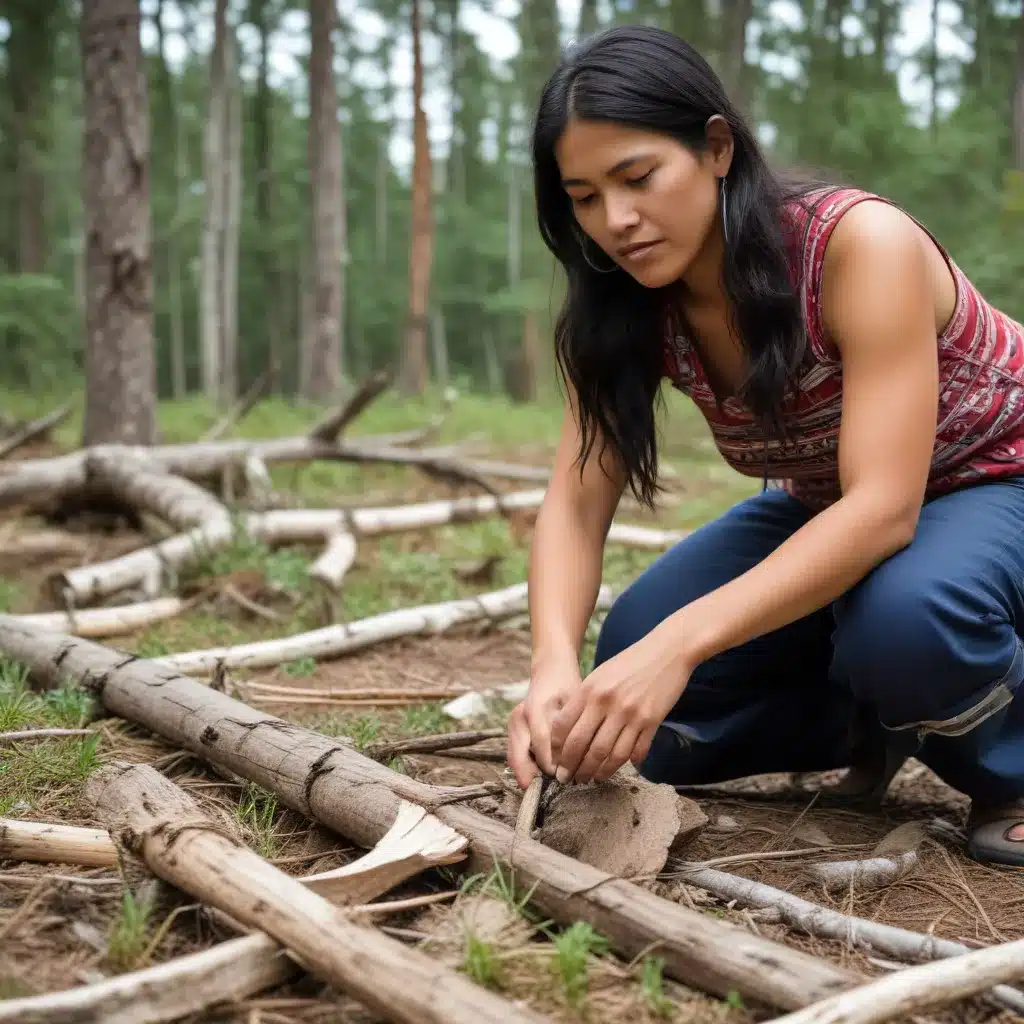
Empowering Local Communities through Collaborative Risk Assessments
As a seasoned expert in water and sanitation services, community engagement, and advocacy, I have witnessed firsthand the transformative power of integrating indigenous knowledge into disaster preparedness plans. In the face of the escalating climate crisis and the increasing frequency and intensity of natural disasters, it is vital that we leverage the invaluable insights and time-tested wisdom of local communities to build resilience and safeguard the lives and livelihoods of the most vulnerable.
Bridging the Gap between Local and Scientific Knowledge
The Aga Khan Agency for Habitat (AKAH) in Pakistan has pioneered a remarkable approach to disaster risk management that seamlessly integrates indigenous knowledge and cutting-edge technology. By conducting Hazard, Vulnerability, and Risk Assessments (HVRAs) in collaboration with local communities, AKAH has been able to create comprehensive disaster preparedness plans that are tailored to the unique needs and challenges of each village.
“AKAH Pakistan introduced community-based HVRAs in the country for the first time in 2004, combining local and scientific knowledge to map risks, determine residential and economic zones, and develop disaster management plans.”
This innovative approach involves AKAH’s geologists using satellite imagery and advanced risk-mapping tools, while also actively engaging with residents to capture their firsthand knowledge of the local landscape, disaster history, and community dynamics. This holistic process enables the communities to take ownership of the risk assessment and planning, empowering them to become active participants in their own safety and resilience.
Leveraging Local Expertise for Sustainable Solutions
The integration of indigenous knowledge has been a game-changer in the success of AKAH’s disaster preparedness initiatives. By tapping into the deep understanding that local communities have of their environment, AKAH has been able to develop disaster management plans that are truly responsive to the unique needs and vulnerabilities of each village.
“AKAH Pakistan has conducted HVRAs in 785 settlements, mostly in the mountain areas of Gilgit-Baltistan and Chitral regions – home to more than one million people.”
For example, in the northern mountainous regions of Pakistan, which are particularly prone to earthquakes, floods, and other natural hazards, the residents’ intimate knowledge of the local terrain, weather patterns, and historical disaster events has been invaluable in identifying high-risk areas and determining the most effective mitigation strategies. This has enabled AKAH to work with the communities to construct safer homes in less vulnerable locations, install early warning systems, and establish community-managed emergency stockpiles.
Fostering Community Resilience through Collaboration
The success of AKAH’s approach lies in its deep commitment to empowering local communities and fostering a sense of shared ownership and responsibility. By actively involving residents in the HVRA process, AKAH has not only tapped into their unique knowledge but has also cultivated a strong sense of community engagement and self-reliance.
“Over 50,000 community volunteers have been trained across Pakistan in community-based disaster risk management. Alongside AKAH, they have responded to over 200 disasters and – through HVRAs – identified 50 extremely hazard prone settlements for relocation.”
This collaborative approach has led to the creation of more than 280 community-based disaster management plans, which are tailored to the specific needs and resources of each village. Moreover, the training of over 50,000 community volunteers in disaster risk management has fostered a culture of preparedness and resilience, with local residents taking the lead in responding to emergencies and implementing mitigation strategies.
Integrating Indigenous Knowledge into Policy and Practice
AKAH’s innovative approach has garnered widespread recognition and has influenced policy and practice at the national level. The organization has contributed to the development of Pakistan’s National Disaster Management Plan and has helped shape community-based disaster risk management guidelines, ensuring that the integration of indigenous knowledge becomes a best practice in the country.
“Pakistan’s National Disaster Management Authority has recognised, encouraged, and also incorporated HVRA as a best-practice measure.”
By sharing their learnings and experiences with government agencies, academic institutions, and civil society organizations, AKAH has demonstrated the transformative power of this collaborative approach to disaster preparedness. As the organization plans to expand the scale and scope of its projects, reaching over 2,000 HVRAs by 2025, the potential for this model to be replicated and scaled up across the region and beyond is immense.
Conclusion: A Holistic Approach to Building Resilience
The Aga Khan Agency for Habitat’s experience in Pakistan showcases the profound impact that can be achieved when local communities are empowered to take the lead in disaster preparedness and response. By seamlessly integrating indigenous knowledge and cutting-edge scientific tools, AKAH has been able to develop comprehensive disaster management plans that are not only effective but also sustainable, as they are deeply rooted in the lived experiences and cultural practices of the people they serve.
“AKAH Pakistan plans to further expand the scale and scope of the project to oversee more sustainable and safer habitat planning in Pakistan and increase the use of HVRAs among local communities to promote their incorporation into: village development plans, local government policies, and national disaster management frameworks.”
As the world grapples with the escalating challenges posed by the climate crisis, the lessons learned from AKAH’s approach in Pakistan offer a powerful blueprint for community-led disaster preparedness and resilience-building efforts worldwide. By fostering collaboration, leveraging local expertise, and empowering communities to be the drivers of their own safety and well-being, we can create a more just, equitable, and sustainable future for all.
To learn more about AKAH’s groundbreaking work and explore opportunities for collaboration, please visit their website at https://www.akdn.org/our-agencies/aga-khan-agency-habitat.

